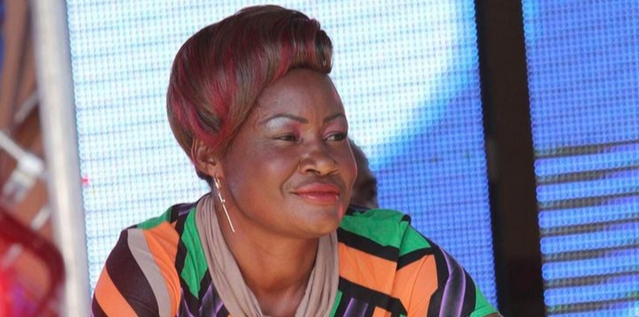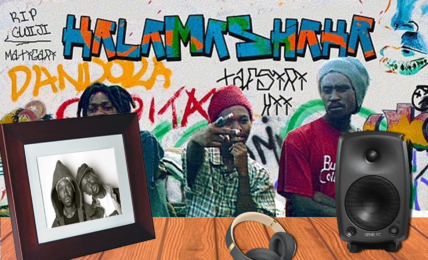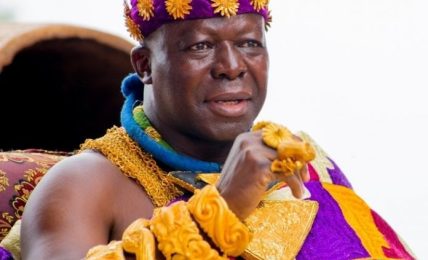Princess Jully: The Bold Benga Queen Who Campaigned Against AIDS Scourge When Other Artists Maintained a Conspiracy of Silence
It was all bliss until 1997. At the height of the Dunia Mbaya fame, the band was performing at Kenyatta Sports Centre in Kisumu, one eventful Sunday in October 1997, when her husband began palpitating on stage. The following Friday, Prince Julie collapsed and died, forcing a young Princess Jully to painfully chart a new musical path for herself. After laying her husband to rest, she picked whatever pieces remained from their band and trudged on. Princess Jully was a natural born fighter. In 1999, she won Shs 100,000 and a Mercedes Benz at the 1999 Kisima Awards for her Dunia Mbaya hit.








